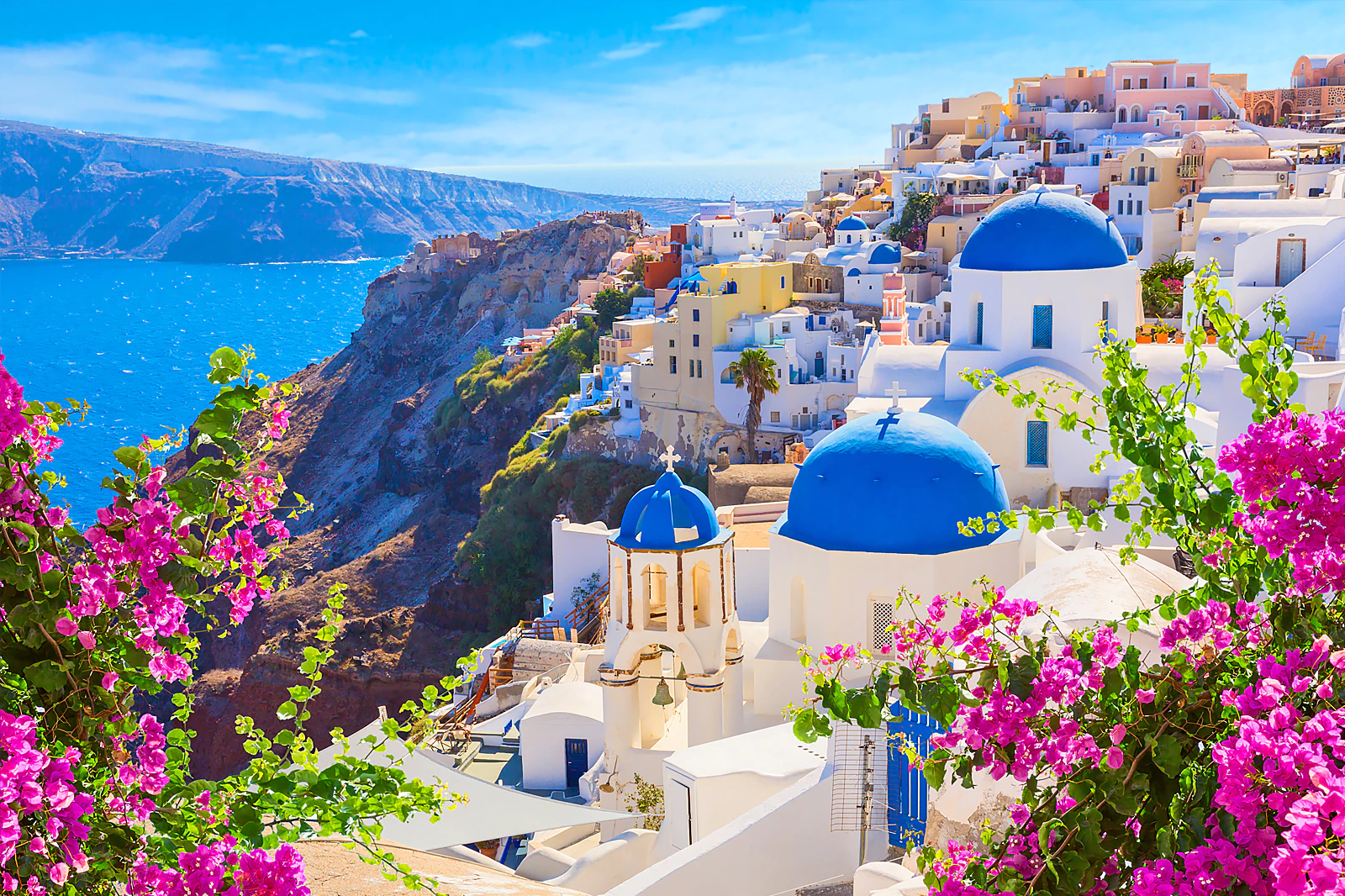Introduction
The allure of travel is undeniable, and it’s no secret that exploring new destinations, cultures, and experiences can bring immeasurable joy. But have you ever wondered if there’s scientific evidence behind the happiness of travelers compared to non-travelers? In this blog, we’ll delve into the fascinating world of wanderlust and explore why people who travel tend to be happier than those who don’t.
1. Broadened Horizons and Perspective
Travel exposes individuals to diverse cultures, lifestyles, and viewpoints. This broader perspective often leads to increased empathy, tolerance, and open-mindedness. People who travel regularly are more likely to embrace diversity, which can contribute to a more positive and inclusive outlook on life.
2. Stress Reduction and Relaxation
One of the immediate benefits of travel is the opportunity to escape from the daily grind. Vacations provide a break from work-related stress and routine, allowing travelers to relax and rejuvenate. Research shows that even the anticipation of a trip can boost happiness levels.
3. Creating Cherished Memories
Travel is a treasure trove of unforgettable experiences and cherished memories. Whether it’s witnessing a breathtaking sunset over a pristine beach, exploring historical landmarks, or sharing laughter with newfound friends, these memories can provide a lasting source of happiness.
4. Boosting Creativity
Exposure to new environments, cultures, and challenges can stimulate creativity. Travelers often find themselves inspired by the beauty of nature, art, and architecture they encounter, which can lead to a heightened sense of well-being.
5. Strengthening Relationships
Traveling with loved ones can deepen bonds and create lasting memories. Shared adventures and challenges bring people closer together, strengthening relationships and fostering a sense of connection and happiness.
6. A Sense of Accomplishment
Planning and executing a successful trip can boost self-esteem and create a sense of accomplishment. Travelers often return home with a renewed sense of purpose and satisfaction, having conquered new experiences and challenges.
7. Living in the Moment
Travel encourages mindfulness, as individuals immerse themselves in the present moment. Whether it’s savoring local cuisine or admiring the beauty of nature, being fully present enhances the overall travel experience and contributes to happiness.
8. Expanded Comfort Zones
Travel often requires stepping out of one’s comfort zone, whether it’s trying a new language, facing unfamiliar situations, or exploring uncharted territories. These experiences build resilience and confidence, leading to greater overall happiness.
9. Learning and Growth
Travel is an educational journey that fosters personal growth and self-discovery. Learning about history, culture, and geography in an interactive way can be immensely fulfilling and contribute to a sense of happiness and fulfillment.
Conclusion: The Joy of Exploration
While it’s essential to acknowledge that happiness is subjective and can be influenced by various factors, it’s clear that travelers often experience a unique and profound sense of joy. The adventures, cultural encounters, and personal growth that come with travel contribute to a life well-lived. However, it’s important to remember that happiness is a personal journey, and whether you’re a seasoned globetrotter or prefer the comforts of home, what truly matters is finding what brings you happiness and fulfillment in life. So, whether you choose to explore the world or cultivate happiness in your own backyard, the journey to joy is uniquely yours to discover.






